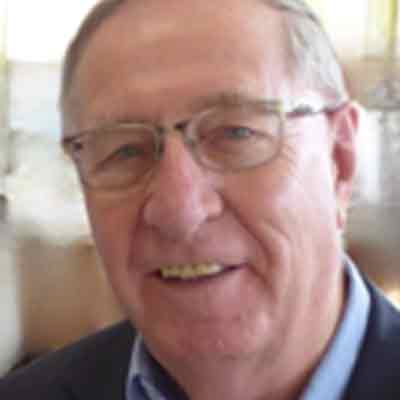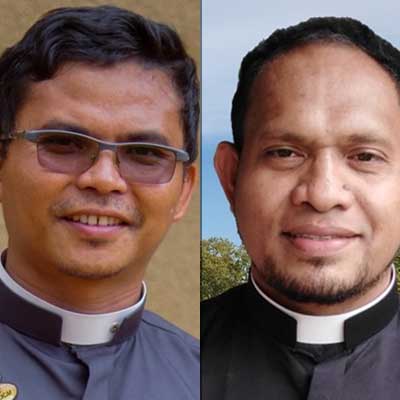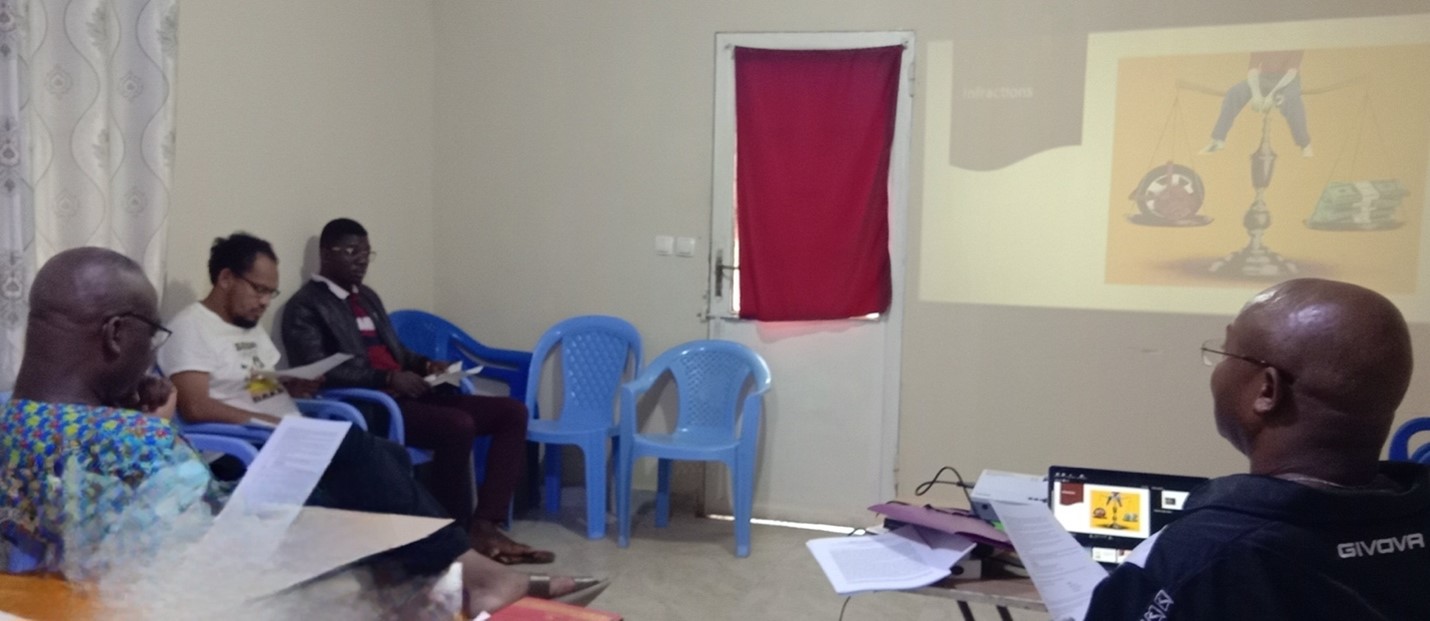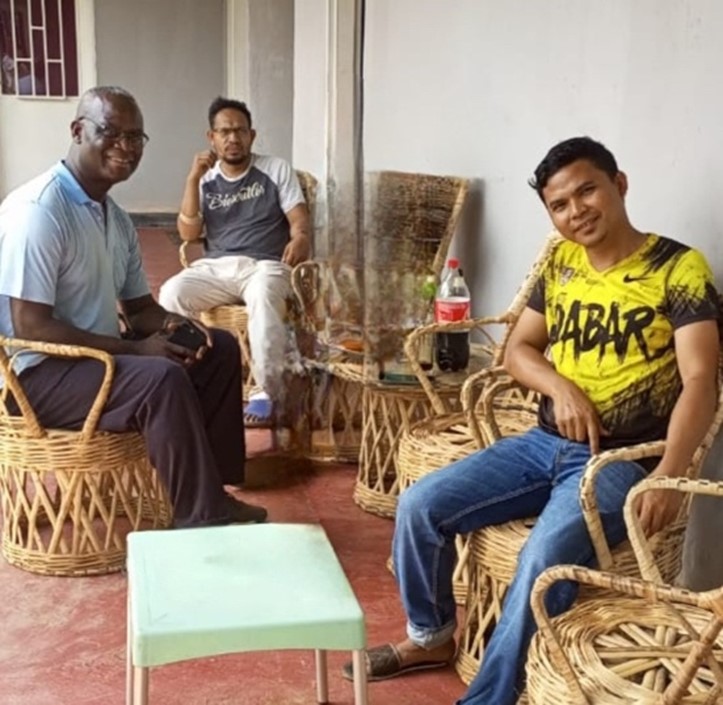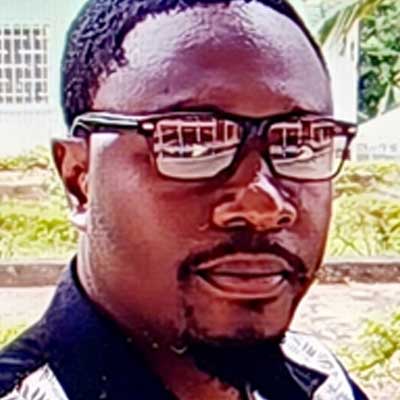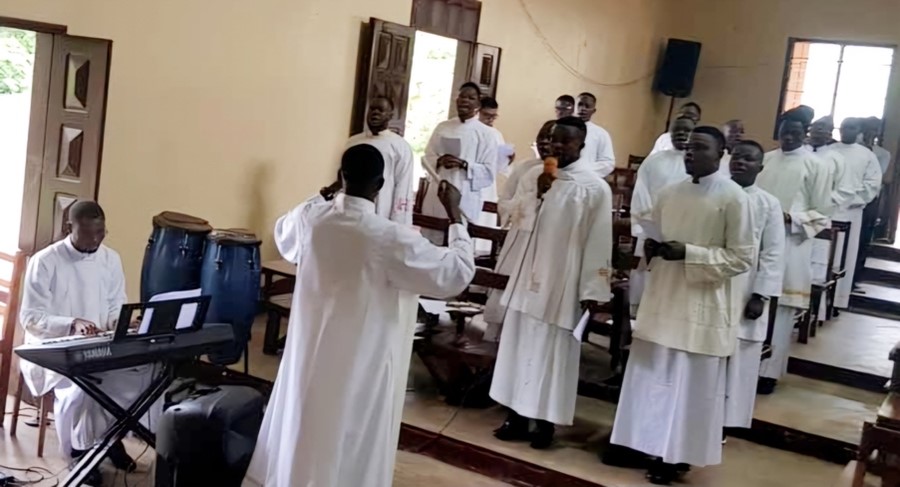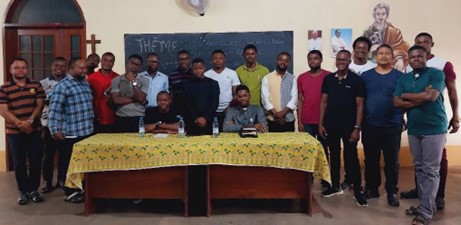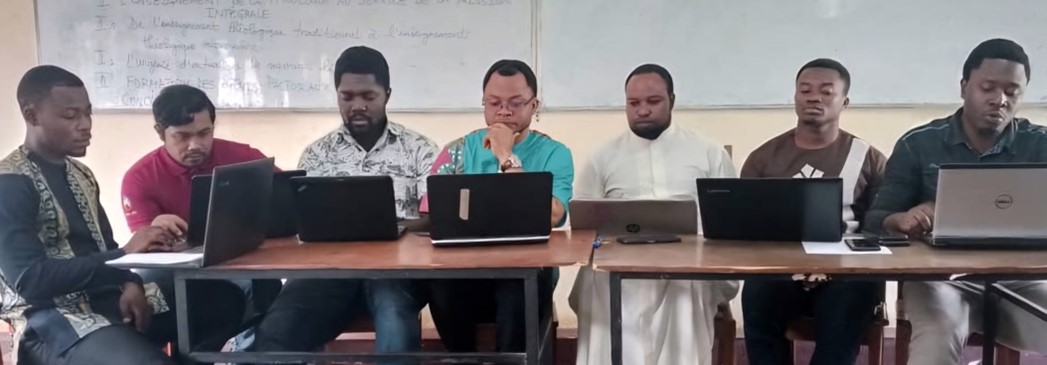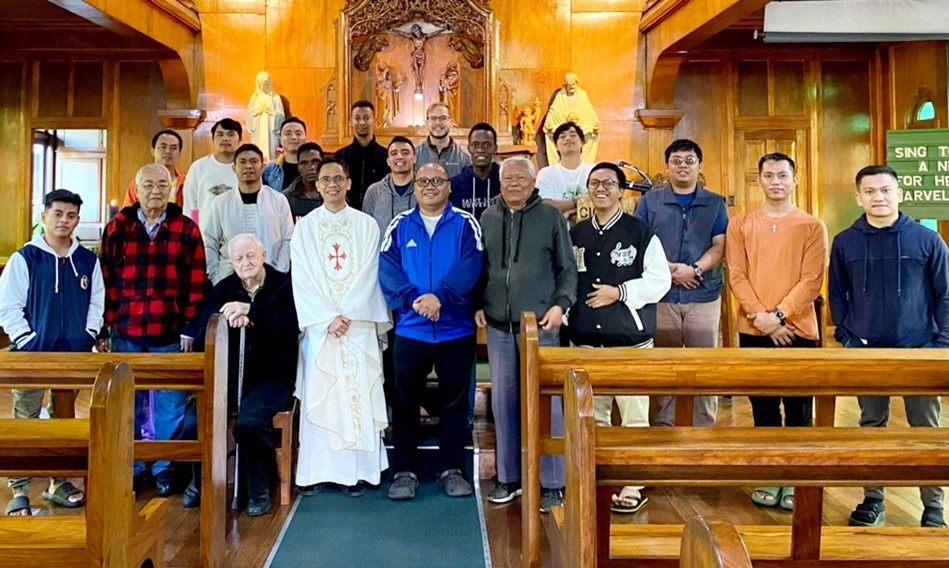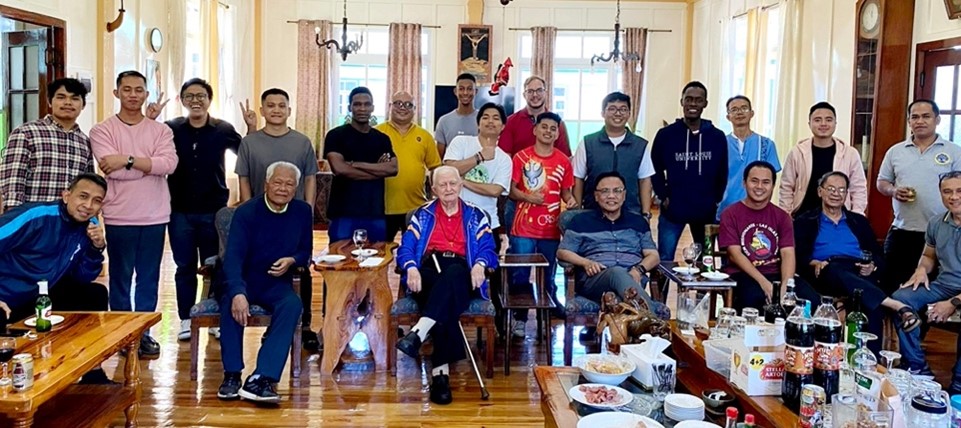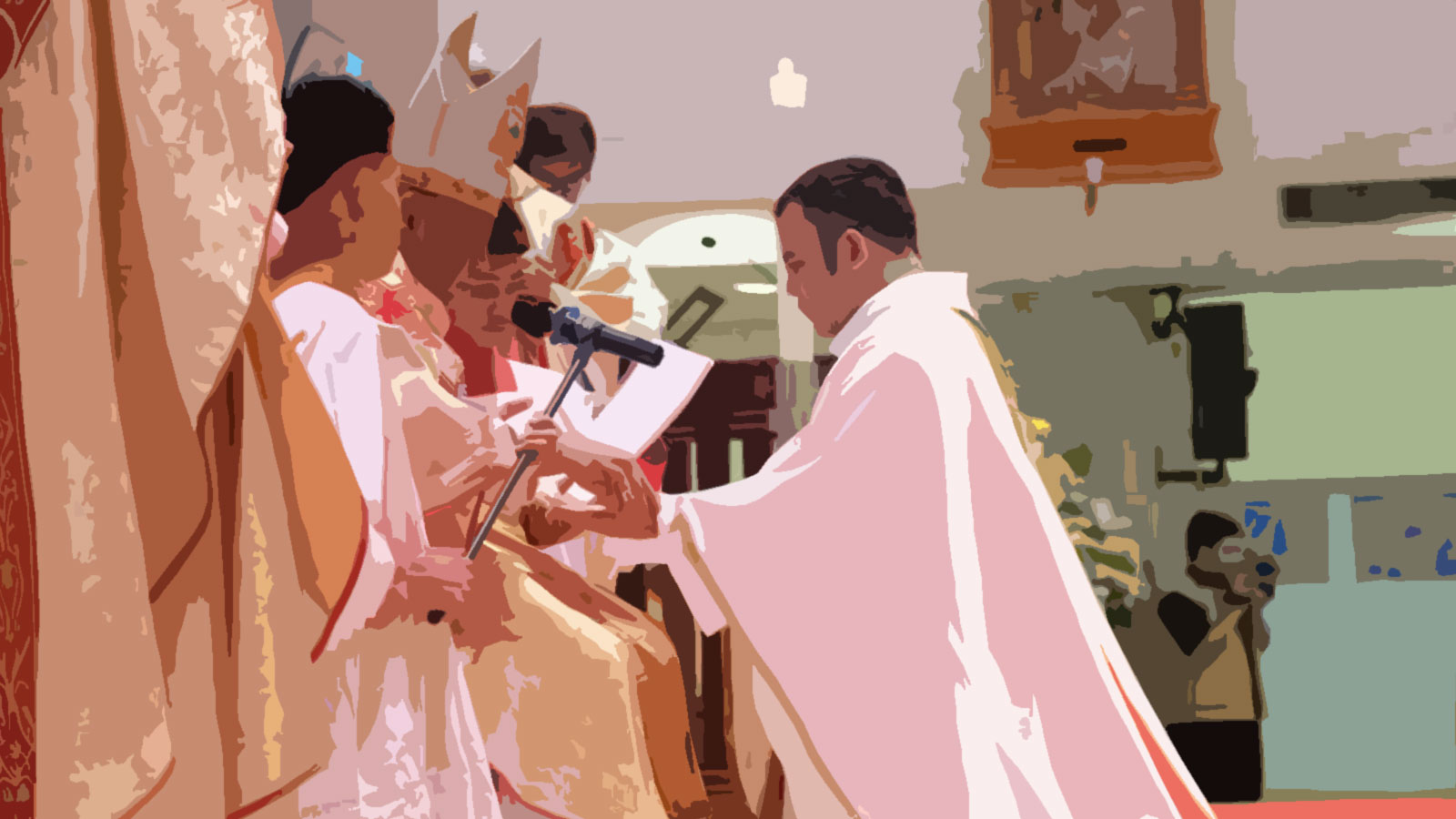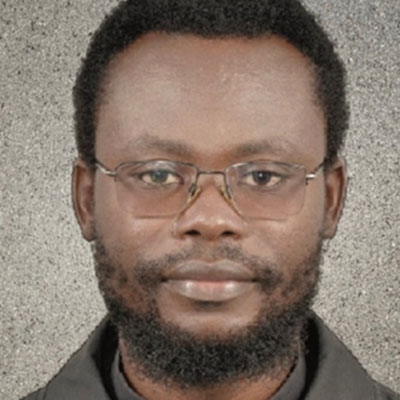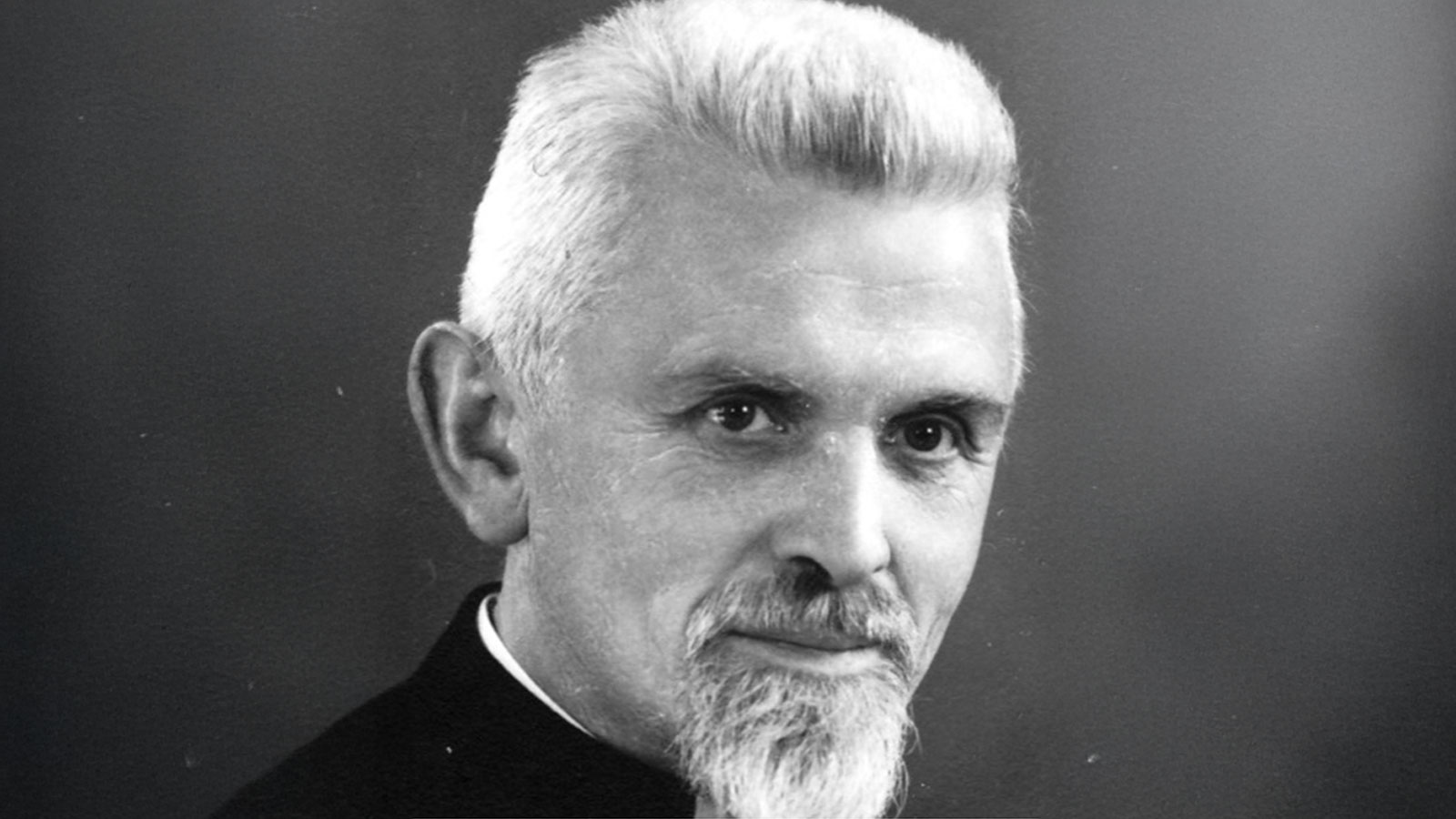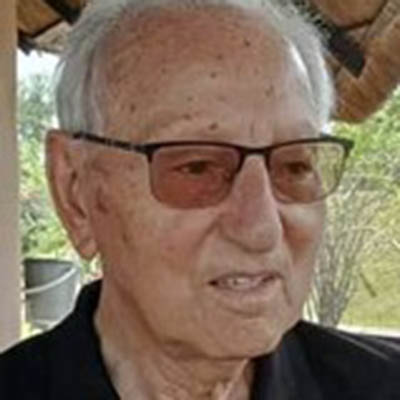
Jos Das, cicm
Missionary in DR Congo
I arrived at Centre Théophile Verbist (CTV) at the beginning of January 2009, along with Father Herman Coenraets. Father Wilner Pierre was the director, and I was appointed treasurer, while Father Herman took on the role of retreat and recollection animator. I didn't have much time to dwell on my personal issues because Father Wilner immediately asked me to lead a week-long initial formation session for formators (R-6). I had to work hard to prepare for that week, which was quite a challenge. Father Wilner soon asked me to lead two retreats for the Sisters of Mary in Popokabaka. Once again, I had to work diligently to prepare for the retreat. The following year, Father Wilner made another proposal. The Ursuline Sisters of Tildonk, holding their provincial chapter in Goma, needed a moderator. I accepted the proposal. Father Wilner pushed me out of my comfort zone, and I am very grateful to him. Another thing I appreciated was that at our team meetings, he always started with the question: "How do you feel? Are you comfortable and happy?" It allowed each member to express themselves freely and emphasized the person's importance over the work.
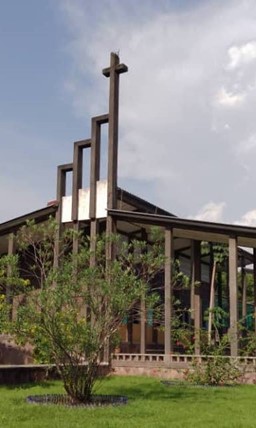
Two sessions: R-12 and R-6
When I arrived at CTV, the Center organized two sessions a year. The first, programmed by Fr. David Ngondo, was a 12-week healing session called R-12. On a few occasions, I led a week on Mission Today. A second session called An Initiation to the Ministry of Formator was later added and called R-6. Initially, I led a week on Religious Life and Mission in this session. The day Father Wilner left for South Africa, in response to a call from the General Government, I took up the theme of Leadership in the Formator's Ministry.
A third session was added: V.P.
On several occasions, provincial superiors have requested a short session to prepare some of their sisters for perpetual vows, which I agreed to do. However, when the session was again asked about, we considered planning a 6-week session. With a few colleagues, we created a program with selected themes that met the participants' expectations. Initially, only four sisters registered for the first session. We intended not to program it again because the second edition didn't take place, as there were only two registrations. However, the Ursuline Sisters of Tildonk (Goma) requested a session for six sisters the following year. After issuing invitations, the second edition had ten nuns participating. Since then, the session has been held yearly with a fairly large turnout. I also lead a week in this session, which we call V.P. (vœux perpétuels). My contribution to the three sessions mainly consists of individual evening accompaniment.
Retreats and week-long sessions
The CTV organizes annual week-long retreats in addition to the three long-term sessions. Most of these retreats are led by CICM confreres. It's not just about making our beautiful Center available to others; we CICMs also need to participate as retreat leaders and facilitate some of the themes of the three sessions. In 2022, we have planned three one-week sessions: one on Leadership, another on La Communication bienveillante, and a third on "Une initiation au ministère d’accompagnement spirituel." Several nuns wish to have individual retreats with accompaniment. I steer them towards group retreats as they provide a richer experience, although I accept such requests when I have time. The CTV is a Missionary Spiritual Center, and our commitment to supporting the spiritual life of our visitors must be a priority, even if it requires a great deal of availability.
People in difficulty
These are challenging times for religious and priestly life. Many religious individuals and priests are influenced by negative societal values, which can have detrimental effects. Some also carry deep emotional wounds due to life circumstances or a lack of supportive leadership and community. As a result, bishops and superiors often ask if we can provide temporary support for these individuals. I always recommend that they participate in the R-12 resourcement session. This program allows skilled leaders to live in a diverse, supportive community with other religious and diocesan priests. Personal guidance is also available during the session. However, in emergencies, I still accept those in need, as helping others in distress is an act of compassion. I can say from experience that those who open themselves to God's grace leave here renewed and re-energized. Witnessing the positive transformation in people's lives brings me great joy.
Leaders, programs
Finding and contacting leaders for retreats and sessions and creating the annual program of activities for the CTV is another vital task. Since most participants are nuns, we have been searching for more Sisters to act as animators, considering their expertise. Luckily, many nuns here in Kinshasa have received thorough training and have valuable experience in religious life. The program of sessions, particularly the R-12 renewal session, is regularly updated and adjusted to meet the current needs. We also present Pope Francis' exhortations and encyclicals to the participants, including The Joy of the Gospel, Praise be to You, Amoris Laetitia, Christus Vivit, and Fratelli Tutti. These are all relevant and essential themes for everyone. They help us live in harmony with the universal Church and broaden our understanding of the significant issues facing the world and the Church today.
The CTV team
Over the 15 years that I've lived and worked at the CTV, the Provincial Government of KIN has changed the team members several times. Two Sisters from the Congrégation des Salésiennes de la Visitation form the CTV team with us, one in charge of housekeeping and the other in charge of food services. There have also been changes, each of which has challenged me. Each person is unique in their qualities and temperament. I had to be flexible each time to adapt to this new situation. But I must admit, these changes went smoothly, without too many difficulties, because everyone was motivated to commit wholeheartedly to the CTV's activities. Small team meetings, a good distribution of tasks, and respect for each person's job all contribute to good collaboration. Teamwork requires good communication to avoid minor problems. The two sisters have their convent, but the four of us have meals together. Confreres and Sisters who know our team call us the "mixed community." Yes, we can learn from each other by living a fraternal life, like brothers and sisters.
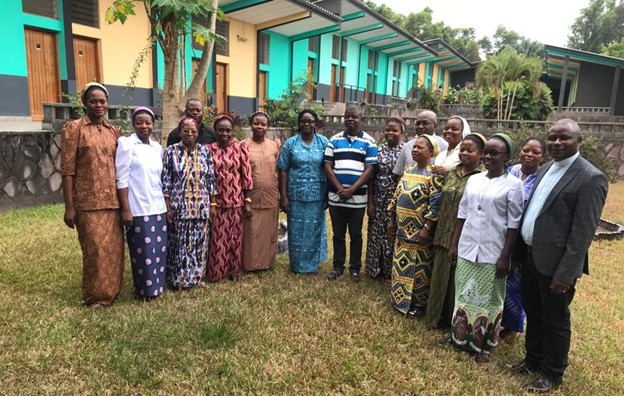
Waiting for a successor
I had waited for a colleague to take over for several years, but the successor still had not arrived. I believe in rejuvenation and renewal and that a new person can develop new ideas. On the one hand, I'm grateful and thank the Provincial for his confidence. But on the other hand, no one is indispensable or irreplaceable. Finally, the good news came: Father Jean Lugbu has been appointed Director of CTV-Mbudi, effective January 1, 2024. I will continue my missionary life in Menkao, St. Eugène parish, with a young Cameroonian confrere, Father Stephen Fuka, as parish priest.
Thanksgiving
I've had some happy years at CTV. Many people have passed through here, some for a session, others for a retreat, and others for personal accompaniment. I have spent many hours listening to them! Where does this trust come from, for people to come and open the door of their hearts to me, to share their joys and sorrows, their struggles and worries, their hopes and dreams? I have witnessed God's work in the hearts of those who open up to him. It's God who touches hearts, and it's God who heals.
It wasn't always easy. I have my limits, my weaknesses, my impatience. I met with incomprehension, and I experienced failures. At times, I was discouraged. I asked myself: "What am I doing here? Am I not wasting my time?" There have been mistakes in my life. But as Pope Francis says, mistakes are the great teachers of our lives. Through ups and downs, I've learned to move forward. And he, the Lord, has always been with me. I've always been able to count on him.
Pope Francis said, "Where there are religious, there is joy." I've experienced that here at CTV. The joy, youth, and enthusiasm of religious groups of religious men and women delighted me and helped me remain enthusiastic and young at heart. I was able to take part in a beautiful liturgy with beautiful songs. The psalms of Lauds and Vespers are sung. All this came down on me like a grace. I can never forget the nature excursions and picnics at St. Eugene's parish in Menkao or the botanical garden in Kisantu. Monthly birthday celebrations with merrymaking and dancing, even though I don't dance myself. I thank God, my superiors for their trust, the CTV team, and all the people who have been here and shown me their confidence.
Through my presence and commitment over these 15 years at CTV, I have given something I have sown, but the Lord provides growth. At the same time, I have received a hundredfold. My ministry here at CTV has invited me to stay dynamic, study, and follow current events. It's a school of lifelong learning. The encounters, the accompaniment, and the sharing with speakers and participants have enriched me. Living and working in this Missionary Spiritual Center has helped me stay in touch with the Lord, root myself in Him, and continually orient my life towards the one who has called me to be his disciple-missionary, a priest according to his heart. That's what I've tried to be and try to be every day. Thank you, Lord, for your trust and for so many years of life that you have granted me, and above all, because you have kept me in your love. I am one of those privileged people whom the psalmist says: "The number of our years: seventy, eighty for the strong!" (Ps 89:10)




